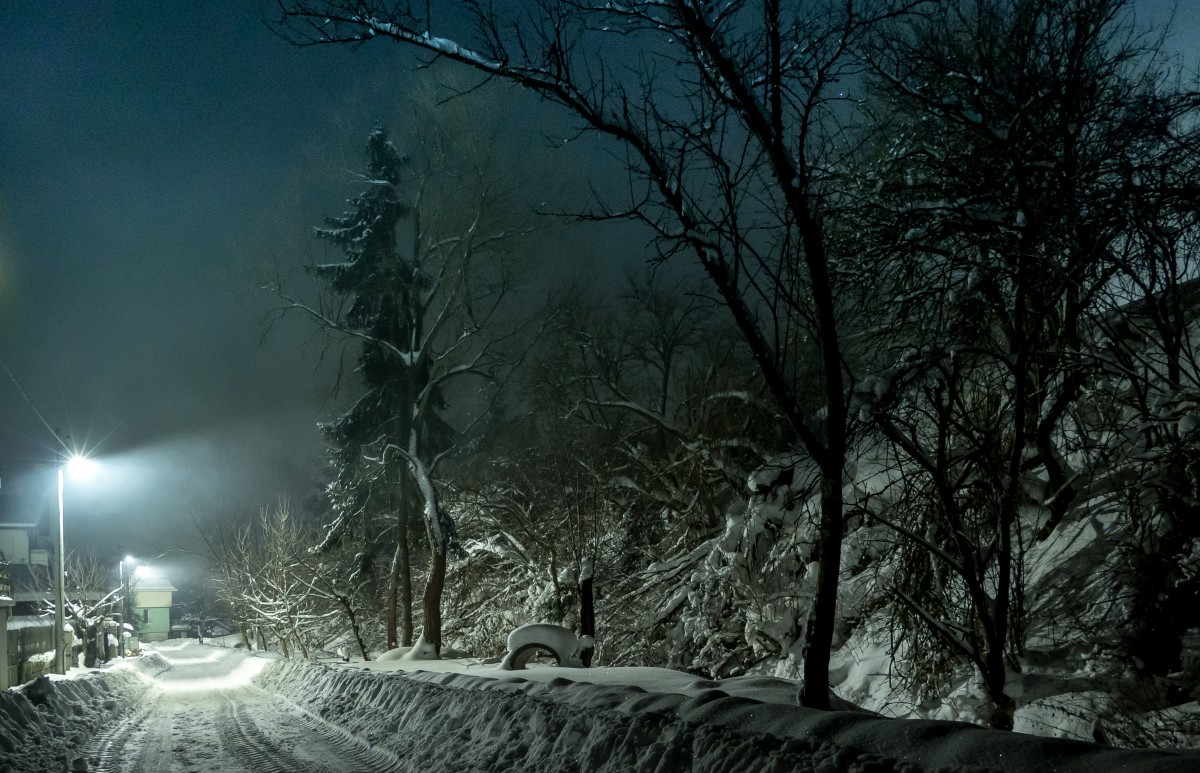
Food&Drink Writer Rubaya Zaman explains why lower temperatures create cravings for carbs
Fewer daylight hours, the colder temperatures and more time spent indoors can really impact the way we eat. Our appetites seem to change when the days grow shorter. Truthfully, with the chilly weather nothing sounds better than curling up on the sofa with a mug of delicious hot chocolate or staying warm with a creamy soup; or anything warming and filling really! Most people would agree that winter is the time to indulge in carb-loaded dishes and rich, hearty meals in comparison to the warmer months.
But why is it that we crave more comfort foods during the colder months? One of the reasons for this is due to our biology, explains Laura Cipullo in Everyday Health. For those who have studied the effects of eating in correlation to the colder months, they have found that the nippy weather may trigger our bodies to fatten up in order to survive the rough environment. A study conducted by the European Journal of Clinical Nutrition found that participants did eat more calories in autumn than in spring and consumed more fat during the colder months.
“Why is it that we crave more comfort foods during the colder months?
Another reason why we tend to crave more comfort foods during the darker winter period may be because winter gives us the blues. Sunlight helps our bodies release serotonin – a neurotransmitter that significantly increases your mood. Carbohydrates also release serotonin and people may want carbohydrate-rich foods to boost their mood in winter when there is a reduction in daylight hours, especially people who are experiencing seasonal depression. Relating to this, eating these types of foods in winter significantly helps our bodies to feel warmer. In the winter when we are exposed to the cold weather our body temperatures drop and this can trigger our appetite, as eating is one of the ways for your body to warm itself. Zoe Williams comments on this particular point in The Guardian and says that: ‘Complex carbohydrates take more energy to digest, so will be both satiating and warming, which leads inexorably to the stew or hearty soup.’
Although there are biological reasons as to why we consume more food during the colder months, the custom of eating hearty, filling foods in winter is something which is deeply rooted in culture. Festive occasions like Christmas and other winter holidays are associated with celebration and feasting. As well as this, the appearance of special treats, drinks and foods in shops and supermarkets that are only available at the festive time of year lead people to consume a lot more than they usually would. Also, as we tend to spend more time at home in the winter months when the weather is rough, we generally don’t partake in outdoor activities so have more opportunity to mindlessly snack whilst lounging around, or even snack out of habit when we are bored or when watching a movie. Fundamentally, our wintertime eating behaviours are shaped by our genetic makeup as well as our surrounding environment.

Comments